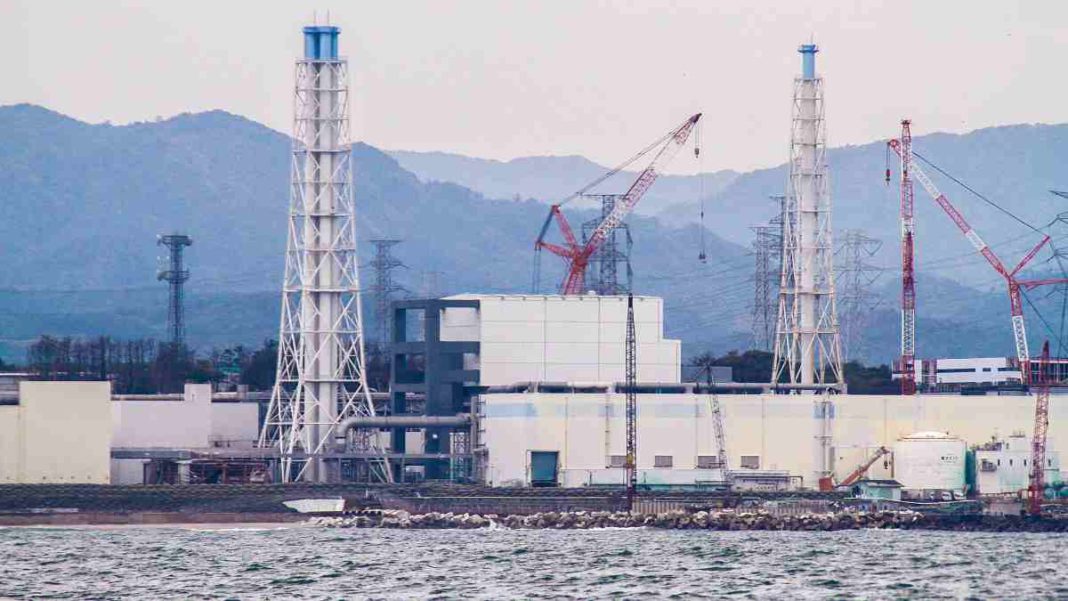JAPAN: Japan has announced its intention to commence the discharge of more than 1 million metric tonnes of treated radioactive water from the compromised Fukushima nuclear power plant on August 24. This move marks the initiation of a contentious plan that has encountered substantial opposition from China.
The initiative, endorsed by the Japanese government two years ago as crucial for decommissioning the Tokyo Electric Power Company (TEPCO)-operated plant (9501.T), has faced criticism from regional fishing organizations. These groups express concern about reputational damage and a potential threat to their way of life.
Prime Minister Fumio Kishida stated, “I have requested Tepco to promptly prepare for the water discharge in alignment with the plan approved by the Nuclear Regulation Authority, with the water release anticipated to commence on August 24, subject to weather conditions.”
This announcement follows a government claim made the previous day of achieving “a degree of understanding” from the fishing industry about the water release, although a fishing group still voiced fears that reputational harm could jeopardize livelihoods.
Kishida assured on Monday, “I assure that we will take full responsibility for ensuring the fishing industry’s sustainability, even if it requires decades.”
Japan asserts that the water release is safe. The plan received approval in July from the International Atomic Energy Agency (IAEA), the U.N.’s nuclear oversight body. The IAEA affirmed that the plan adheres to international standards and will have “minimal” impact on people and the environment.
Several neighboring nations harbor reservations regarding the safety of the endeavor, with China standing out as a notable critic.
China’s foreign ministry spokesperson, Wang Wenbin, remarked in July that Japan’s actions lacked consideration for others and conveyed an air of superiority, as they hadn’t adequately consulted the global community prior to committing to the water release.
China has imposed a ban on seafood imports from 10 specific prefectures in Japan, including Tokyo and Fukushima. Seafood imports from other prefectures are allowed but must undergo radiation testing and provide proof of sourcing from regions outside the 10 prohibited prefectures.
Despite Seoul’s analysis confirming compliance with international standards and its endorsement of the IAEA’s verdict, South Korean activists remain opposed to the proposal.
Pacific Island nations, owing to their history as nuclear test sites for the U.S. and France, hold differing opinions on the matter. Fiji’s prime minister, Sitiveni Rabuka, expressed support for the IAEA report while acknowledging the contentious nature of the issue in the region.
Kishida stated on Tuesday that he believes the global community is gaining a “precise understanding” of the situation. Japan assures that the water will undergo filtration to remove the majority of radioactive elements, except for tritium, a challenging-to-separate hydrogen isotope.
The treated water will be substantially diluted to remain well below internationally accepted tritium levels before being released into the Pacific Ocean.
Water was employed to cool the fuel rods at Fukushima Daiichi after a meltdown resulting from a massive 2011 tsunami that struck Japan’s eastern coast.
Initial test results for seawater after the discharge may be available by early September, according to Japanese authorities. Japan intends to examine fish near the facility and share the test results on the agriculture ministry’s website.
Also Read: UN Alert Amid Another Shelling Of a Nuclear Power Plant in Ukraine.



